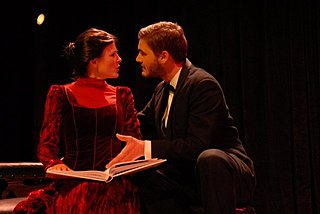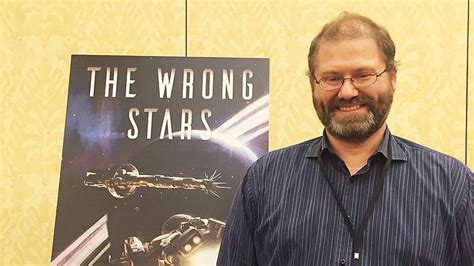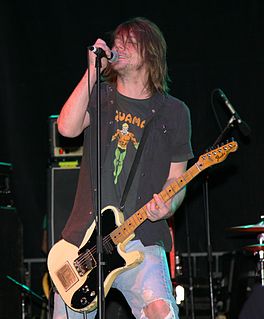A Quote by Eleanor Catton
One of the things I really like about Victorian novels is the close anatomisation of character. People's gestures and mannerisms and the quality of their thought is very closely identified and analysed.
Related Quotes
Period films to me are very often alienating to the audience. There's very often a formality. A staunchy quality to them that comes from the misenscene. It also comes from the performances of the actors, because they're acting Victorian which really means that they're just acting the way they've seen previous actors act Victorian.
Even in my comedies, I don't take anger as a joke. I think anger and laughter are very close to each other, when you think about it. One of the things I like about a character: I always think it's fascinating when a character can turn on a dime and go from one emotion to another. I like watching that.
We suffer the stress of infinite opportunity: There are so many things that we could do, and all we see are people who seem to be performing at star quality. It's very hard not to try to be like them. The problem is, if you get wrapped up in that game, you'll get eaten alive. You can do anything-but not everything. The universe is full of creative projects that are waiting to be done. So, if you really care about quality of life, if you want to relax, then ... control your aspirations. That will simplify things. Learning to set boundaries is incredibly difficult for most people.
The Reformed Church was identified with the old all-white government of South Africa and its apartheid policy. The Roman Catholic Church was closely identified with the Franco and Salazar dictatorships in Spain and Portugal. . . . More recently, . . . the Serbian Orthodox Church has come to be identified with the policies of Serbia (Yugoslavia).







































